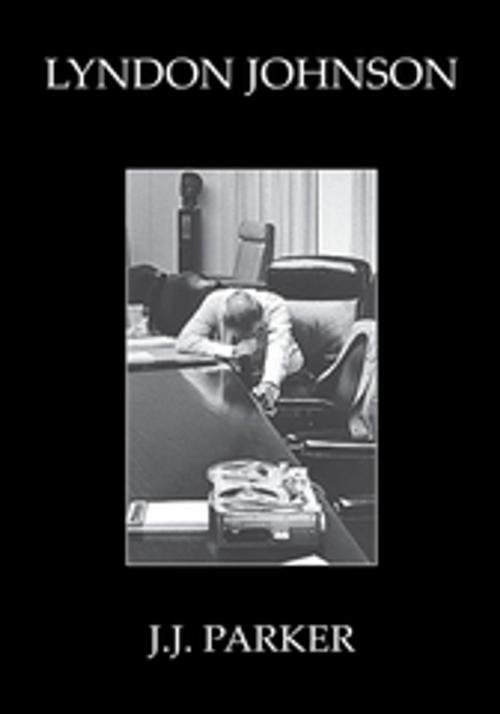| Author: | J.J. Parker | ISBN: | 9781462842230 |
| Publisher: | Xlibris US | Publication: | May 25, 2007 |
| Imprint: | Xlibris US | Language: | English |
| Author: | J.J. Parker |
| ISBN: | 9781462842230 |
| Publisher: | Xlibris US |
| Publication: | May 25, 2007 |
| Imprint: | Xlibris US |
| Language: | English |
Lyndon Johnson was both man and myth . . . . As myth, he mastered Congress, bending it to his will. Yet the man passed bills as president and majority leader by trading political plums for key Congressional votes. Th ough critics carped at his refusal to return U.S. troops from Vietnam, they praised him for signing into law civil and voting rights acts, education and public housing aid, Medicare, and Medicaid. But the Vietnam War drained money from Americas budget that couldve been used to sustain LBJs beloved Great Society programs. Unfortunately, he angrily rejected Robert McNamaras belated advice to Vietnamize the confl ict because he didnt want to become the fi rst U.S. president to lose a war. Yet this seemingly macho Texan was more complex than anyone not knowing him could imagine. He could be bitter, envious, paranoid, proud, angry, happy, mocking, serious, longing . . . often one emotion after another. For better or worse, Lyndon Johnson dominated Washington D.C. as few presidents have. He was a Goliath in a city of David-sized politicians. But like Davids slingshotted stone, Johnson was toppled from his throne by an unforeseen weapon: unrelenting criticism of his prosecution of (what originally was) a limited, but seemingly endless, war overseas . . . .
Lyndon Johnson was both man and myth . . . . As myth, he mastered Congress, bending it to his will. Yet the man passed bills as president and majority leader by trading political plums for key Congressional votes. Th ough critics carped at his refusal to return U.S. troops from Vietnam, they praised him for signing into law civil and voting rights acts, education and public housing aid, Medicare, and Medicaid. But the Vietnam War drained money from Americas budget that couldve been used to sustain LBJs beloved Great Society programs. Unfortunately, he angrily rejected Robert McNamaras belated advice to Vietnamize the confl ict because he didnt want to become the fi rst U.S. president to lose a war. Yet this seemingly macho Texan was more complex than anyone not knowing him could imagine. He could be bitter, envious, paranoid, proud, angry, happy, mocking, serious, longing . . . often one emotion after another. For better or worse, Lyndon Johnson dominated Washington D.C. as few presidents have. He was a Goliath in a city of David-sized politicians. But like Davids slingshotted stone, Johnson was toppled from his throne by an unforeseen weapon: unrelenting criticism of his prosecution of (what originally was) a limited, but seemingly endless, war overseas . . . .















